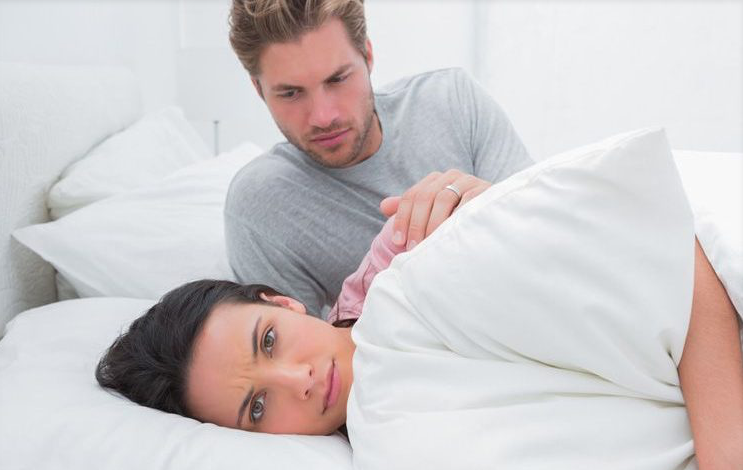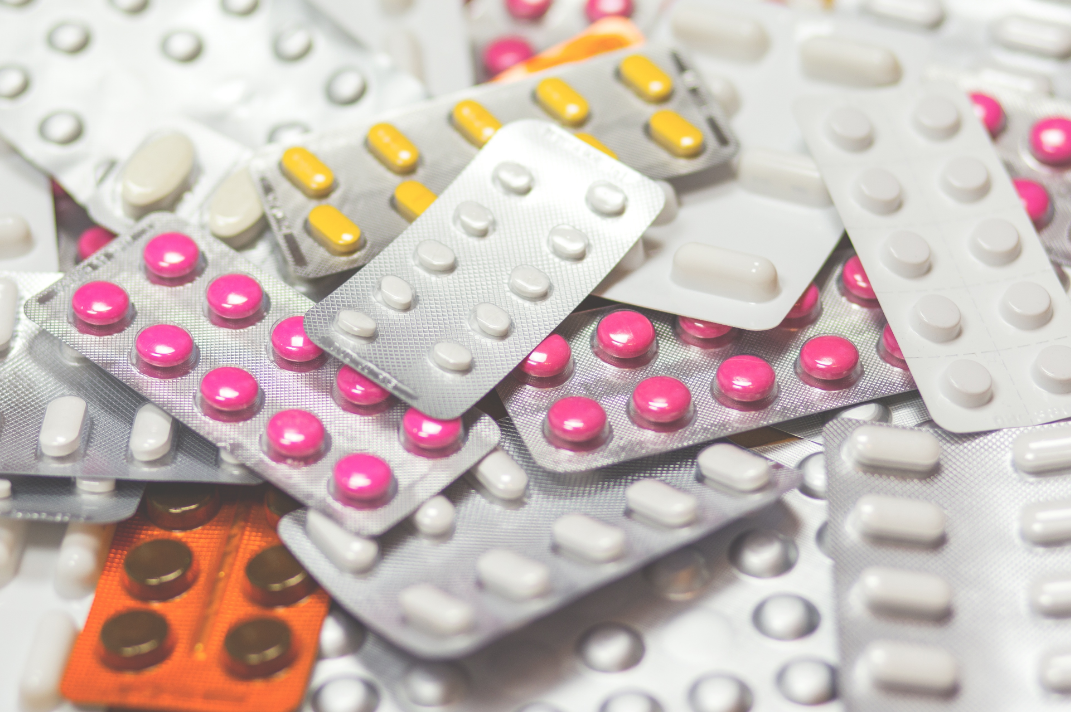


Date: 12 Nov 2025
For many years, women’s sexual health—especially issues related to low desire—was largely misunderstood or overlooked. What was once dismissively labeled “frigidity” is now properly recognized as Hypoactive Sexual Desire Disorder (HSDD), a real and diagnosable condition affecting millions of premenopausal women.
HSDD is marked by a persistent lack of sexual interest that causes emotional distress or relationship strain. Thankfully, science has caught up. Today, women have two FDA-approved treatments—Flibanserin (Addyi) and Bremelanotide (Vyleesi)—that are specifically designed to reignite sexual desire. These medical breakthroughs have brought validation and hope to countless women navigating this sensitive issue.
HSDD is defined as a consistent absence of sexual thoughts or desire that lasts for six months or longer and causes significant emotional distress. It isn’t about a lack of physical capability—it’s about a diminished mental or emotional drive toward sexual activity.
To be diagnosed, the condition must:
Several factors can contribute, including:
HSDD affects not just the body but the emotional and relational well-being of women—making comprehensive treatment vital.
Flibanserin (Addyi) is the first o ral medication approved by the U.S. FDA to treat HSDD in premenopausal women. It acts on key brain chemicals—dopamine, norepinephrine, and serotonin—t hat regulate sexual motivation and mood.
Clinical trials found that women on Addyi experienced more satisfying sexual events (SSEs) and reported feeling more emotionally connected and less distressed about their lack of desire.
Bremelanotide (Vyleesi) offers an entirely different approach—it’s an on-demand injectable medication. It activates brain receptors (melanocortin) involved in sexual desire, making it ideal for women who prefer treatment only when needed.
Studies show that around 25% of women using Vyleesi reported significant improvements in sexual desire and satisfaction, compared to 17% on placebo.
These treatments are intended for premenopausal women who:
Even with medication, maintaining hormonal balance and overall wellness is key. These clinically formulated supplements can naturally support libido, energy, and mood—available at Pharmily Kenya:

1. Swiss Energy Femina Herbs Vegan Capsules 30’s – A natural, plant-based blend that balances female hormones, eases PMS symptoms, and promotes reproductive health—ideal for women managing hormonal imbalance or low libido.
2. Viridian Balance Omega Oil for Women – Rich in essential fatty acids and antioxidants that help stabilize mood, enhance hormonal balance, and support reproductive wellness naturally.
3. HealthAid FemProbio Capsules 30’s – Combines probiotics specifically for women’s gut and vaginal flora—helping reduce infections, improve energy, and support overall sexual well-being.
4. Wellwoman Plus Omega 3-6-9 Capsules – A comprehensive daily supplement supporting hormone regulation, energy levels, and immune balance for women of all ages.
These natural options can complement medical treatments like Addyi and Vyleesi, enhancing overall results through balanced hormonal health.
Medical treatments work best when combined with supportive lifestyle and emotional strategies:
These holistic steps create a positive foundation for lasting improvement.
When combined with supportive supplements and open communication with healthcare providers, women can experience renewed desire, emotional connection, and confidence in their intimate lives.
It’s time to end the stigma and start the conversation about women’s sexual wellness.
1. Is HSDD the same as low libido?
Yes. HSDD is the clinical term for a persistent lack of sexual desire that causes distress. It’s different from a temporary drop in libido caused by fatigue or stress.
2. How long does Addyi take to work?
Most women begin noticing changes after 4–8 weeks of consistent nightly use. It’s important to stay patient and follow your doctor’s advice.
3. Can I use Addyi or Vyleesi after menopause?
Currently, both medications are approved only for premenopausal women, although research is ongoing for postmenopausal use.
4. Are supplements safe to take with these treatments?
Yes—most natural supplements that support hormonal balance and circulation are safe, but always consult your healthcare provider before combining treatments.